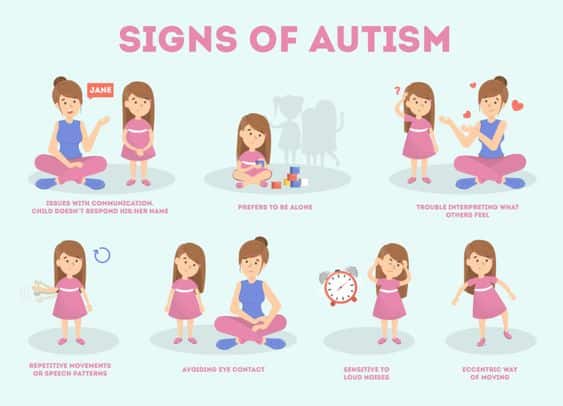Splinter skills in autism operate by highlighting specific exceptional abilities or talents in individuals with autism, while other areas may pose challenges. Here are some examples of how these skills manifest:
- Memory: Remarkable memory and recall abilities.
- Art: Exceptional artistic skills and creativity.
- Music: Proficiency in playing instruments or singing.
- Math: Advanced mathematical aptitude.
- Science: Strong analytical and scientific reasoning.
Recognizing and nurturing these splinter skills is crucial for the growth, self-expression, and connection of individuals with autism. Embracing their unique abilities can provide valuable avenues for development and overall well-being.
This post was originally published on Feb. 17, 2023. It was updated on Jan 22, 2024.














